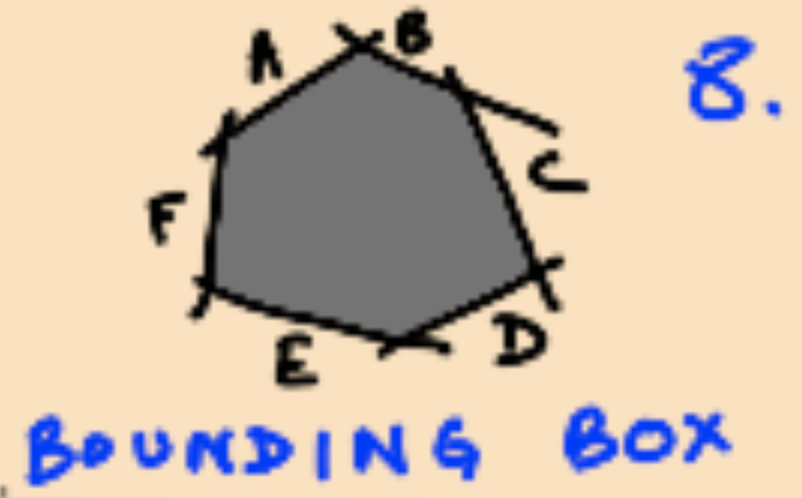Intractable Problems
How To Solve The Right Problems
Welcome back.
In this video, I talked about ‘greatness’ and solving important problems.
But knowing which problems to solve is equally important as solving important problems.
For example, making humans a multi-planetary species is an audacious problem. It’s hard enough that it seems impossible but it’s realistic enough for it to be actually solvable.
Such problems are ‘perfect problems’.
A perfect problem has a solution, but not a solution that exists yet. There are countless problems in the world; many of them have existing solutions while others lie beyond our current capabilities. But between these two extremes lie some problems that we can solve if we invent a new way.
Perfect problems need not be massive challenges that affect the world, they can be trivial annoyances. The magic ingredient that makes a problem perfect is you. If a particular problem is one that you can solve, then it is a perfect problem for you. When future generations solve similar problems they will likely copy your solution.
This is an important classification so that we don’t waste our time solving unsolvable, imperfect problems. For example, solving time travel or lifting humanity off Earth as Cooper did in Interstellar are practically unsolvable, intractable problems. It will be both unwise and impractical to even invest your energy into solving these problems because they’re not perfect problems.
They’re intractable problems.
That said, we don’t hold the ability to define problems. At work, I face two kinds of problems: On one hand, I’m constantly bombarded with many, many problems that it always strains my bandwidth; on the other, these problems are poorly defined and amorphous problems which don’t have a clear end-state in sight. This means two things:
1) I’m unable to find out whether a problem is perfect, and
2) I’m unable to map a problem to its practical end-state.
For example, let’s say I get a problem of enhancing employee productivity in the organization. First, it’s a poorly defined problem — How do you even measure productivity at a large scale? Second, what is the end-state of solving this problem? What do I want as a result of solving this problem? The point is that, at first, you will not know answers to both these questions.
And this is what makes the problem intractable.
The question still remains: How do you solve intractable problems?
I was speaking with a friend yesterday and we developed a few interesting insights.
To solve an intractable problem, don’t solve it first.
First, assume that your solution is a “bad idea”. Second, reconsider the parameters of your problem. Third, upper-bound the problem by imposing constraints on it. I like Venkatesh Rao’s bounding box, that gives the problem some structure.

Venkat writes:
It is a loose, qualitative generalization of the idea of a “design” space illustrating the zone where you have freedom of choice. Each edge — and I recommend drawing this as an irregular polygon — represents one boundary with an adjacent zone that can affect what you do, but is outside your control.
While solving the problem is important, it’s equally important to find out whether you’re solving the right problem or whether you’re solving the right part of the right problem.
Sure, solving mortality is an impossible problem to solve now, but reversing aging seems to be a fairly perfect problem. When you impose constraints on immortality, the first sub-problem you get is reversing aging. Now, the problem becomes relatively easier (although still very hard) to solve.
Finally, to solve an intractable problem, you need to find the light switch in the dark. It will be impossible for you, though, if you’re in a football field and it’s pitch dark and you’re told to find the light switch. But it will be relatively easier for you to find the light switch if you’re in a room.
The point is this, though: Find your room first before finding the light switch.
Until next time,
Abhinav
The Podcast
In this episode, I talk about Sherlock and what we can learn from him. From A Study In Scarlet to why Sherlock is neither an expert nor a generalist to how Sherlock is guided by his gyroscope (and not compass), tune in to hear the journey of Sherlock's ‘greatness’ on Spotify, Google, Apple, or our website.
Our Commonplace Book
(I’d highly recommend subscribing to Lucidchart to map your mind and bring order in chaos. I’ve been using it and it’s absolutely wonderful. On second thoughts, if you’re feeling cute, see this.) Onward to our commonplace book:
- I liked reading this article by VGR: Live Life, Not Projects
- “Deafness freed Beethoven as a composer because he no longer had society’s soundtrack in his ears.” Do tune in to the podcast and read this article on Beethoven and the gifts of silence by Cal Newport.
- If you’re like me, you do have 1000 different tabs on your Chrome. Use this to navigate them.